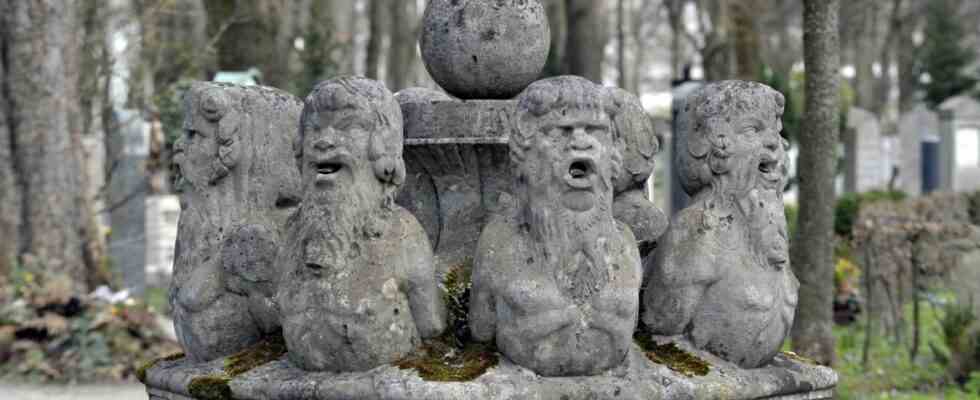The evil, the dark, the nasty, the mean, the bitter, the abysmal, the bad, or anything else negative can claim particular diversity. In English, for example, there are 66 percent more words for bad emotions than for good feelings. And when native English speakers describe someone with an unpleasant personality, they can use 77 percent more vocabulary than when describing someone with a sunny disposition. The bad knows more faces, more variations than the good. This has been known in psychology for a long time. Scientists led by Joshua Conrad Jackson from Northwestern University have now shown that the bouquet of negatives also spread particularly broadly and rapidly during the development or evolution of languages. Words, especially adjectives, change particularly quickly if they have a negative valence, i.e. describe, express or even trigger bad feelings.
The core question of the study in the journal Nature Human Behaviour is, how cognitive and affective factors might fuel lexical evolution. To do this, the researchers evaluated data from the Indo-European language family and symbolically rummaged through a language family tree that stretches over a period of almost ten millennia. Many words in the languages of this family evolved from a common stem, or if you will, from a common ancestor. An example the researchers cite: Gut in German and Good in English stem from a common origin. The positive is very similar in this example. The antonym is different: bad and bad are very different.
Maybe people generally prefer to talk about bad things
Jackson’s team analyzed the development of words in English, Spanish, Polish and Dutch. A comparable correlation was found in all four languages. Words with negative emotional connotations were replaced or augmented with new terms with similar meanings with greater frequency. This connection applied to adjectives in all four languages. For verbs, the mechanism was less clear and absent in the case of nouns. In another experimental study, the researchers had subjects design and modify a fictitious English dialect. Here, too, words with a negative meaning changed particularly quickly in comparison to adjectives in particular.
The researchers may be describing the mechanism that drove the particular variety of negative descriptions. But why this is so, and why people have evidently happily refined their descriptions of bad things throughout the centuries, can only be speculated on. A possible driving force could be that people generally have a stronger drive to describe bad events. Setbacks provoke a more pronounced urge to explain and interpret them. Negative information generally attracts more attention and is more credible and relevant than good information.
All of this could spur us to describe bad events, bad people, and other inconveniences with increased precision and granularity. At the same time, it is known from studies that negative information is examined and checked particularly critically. A particularly finely differentiated set of linguistic instruments could also be helpful for this.

